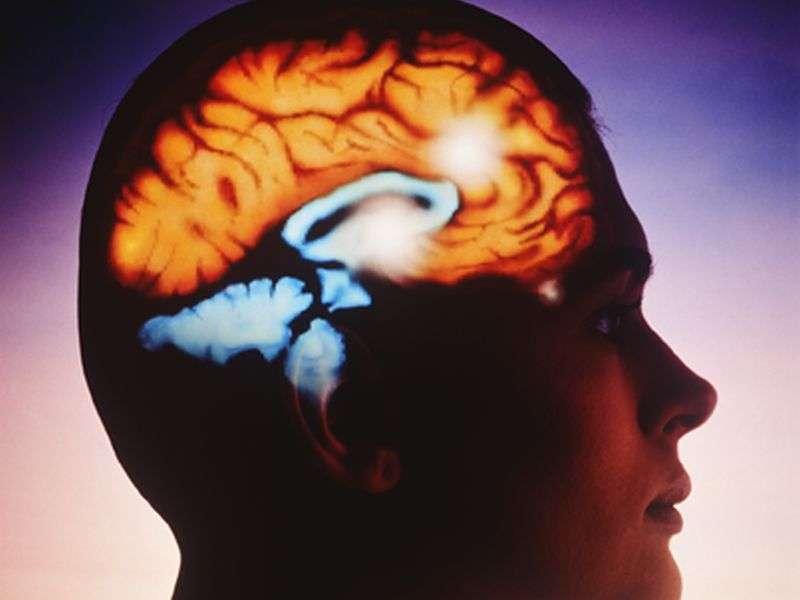(HealthDay)—For cognitively impaired individuals, light therapy has a moderate effect on behavioral disturbances (BDs) and depression, and a small effect on sleep quality, according to a meta-analysis published online July 22 in the Journal of the American Geriatrics Society.
Huei-Ling Chiu, R.N., from Taipei Medical University in Taiwan, and colleagues conducted the analysis of nine randomized controlled trials to assess the effects of light therapy on BDs, sleep quality, and depression among cognitively impaired persons.
The researchers found that light therapy had a moderate effect on BD and depression and a small effect on total nighttime sleep (g = −0.61, −0.58, and 0.25, respectively). Compared with light intensity of less than 2,500 lux, a light intensity of 2,500 lux or greater had a greater effect on depression. Studies deemed to be at low risk of bias regarding blinding had a greater effect size in terms of BD than those deemed to be at high or unclear risk of bias.
"Light therapy can relieve BD, improve sleep quality, and alleviate symptoms of depression for cognitively impaired persons," the authors write.
More information:
Abstract
Full Text (subscription or payment may be required)
Journal information: Journal of the American Geriatrics Society
Copyright © 2017 HealthDay. All rights reserved.






















